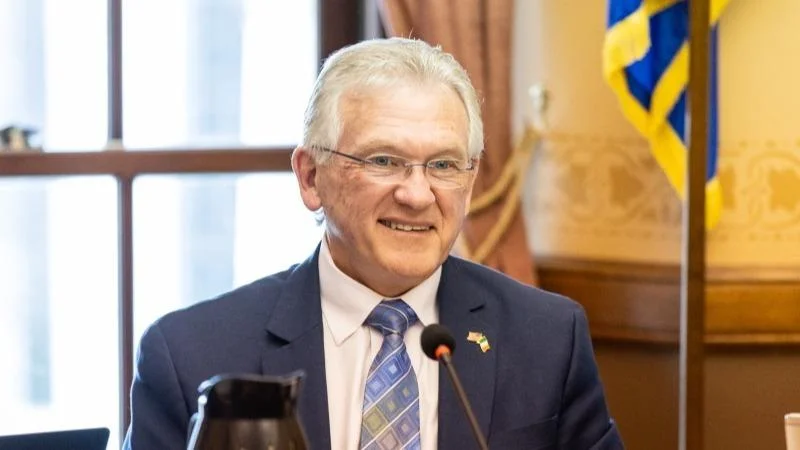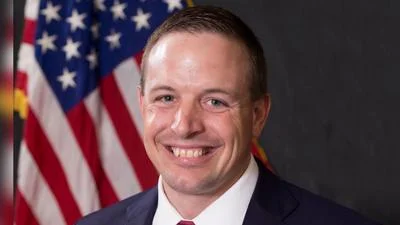Jerry L. O\'Connor, Wisconsin State Representative for 60th District | www.facebook.com
Jerry L. O\'Connor, Wisconsin State Representative for 60th District | www.facebook.com
According to the Wisconsin State Legislature's official website, the bill was described as follows: "copies of and inspection or disclosure of information contained in certain vital records. (FE)".
The following is our breakdown, based on the actual bill text, and may include interpretation to clarify its provisions.
In essence, this bill amends certain provisions of Wisconsin's vital records law to change the distinguishing date for the inspection, disclosure, or issuance of vital records. Previously, some records had restrictions based on whether the event occurred before or after October 1, 1907. The bill updates this to a rolling 100-year criterion, allowing broader access to records if they pertain to events occurring at least 100 years prior to the date of a request or issuance of a copy. This means the eligibility for access to and copying of such records will automatically adjust over time. The bill specifies that certain uncertified copies should be marked as unsuitable for identity purposes and requires requests to be in writing, accompanied by the appropriate fee, as stipulated under state law.
The bill was co-authored by Senator André Jacque (Republican-1st District), Representative Joe Sheehan (Democrat-26th District), and Representative Chuck Wichgers (Republican-84th District).
Jerry L. O'Connor has co-authored or authored another 48 bills since the beginning of the 2025 session, with none of them being enacted.
O'Conner graduated from Minnesota Bible College in 1973.
O'Conner, a Republican, was elected to the Wisconsin State Assembly in 2025 to represent the state's 60th Assembly district, replacing previous state representative Robert Brooks.
In Wisconsin, the legislative process starts when a senator, constituent, group, or agency proposes an idea for a bill. After drafting, the bill is introduced, numbered, and referred to a committee for review and public input. If approved, it moves through three readings and votes in both the Senate and Assembly. Once both chambers pass the same version, the bill goes to the governor, who can sign it, veto it, or let it become law without a signature. Only a small share of bills introduced each session ultimately become law. You can learn more about the Wisconsin legislative process here.
| Bill Number | Date Introduced | Short Description |
|---|---|---|
| AB90 | 02/28/2025 | Copies of and inspection or disclosure of information contained in certain vital records. (FE) |
| AB58 | 02/24/2025 | Flags flown, hung, or displayed from a flagpole or the exterior of state and local buildings and eliminating a related administrative rule |
| AB21 | 02/06/2025 | Technical colleges’ lease of their facilities to others. (FE) |



 Alerts Sign-up
Alerts Sign-up